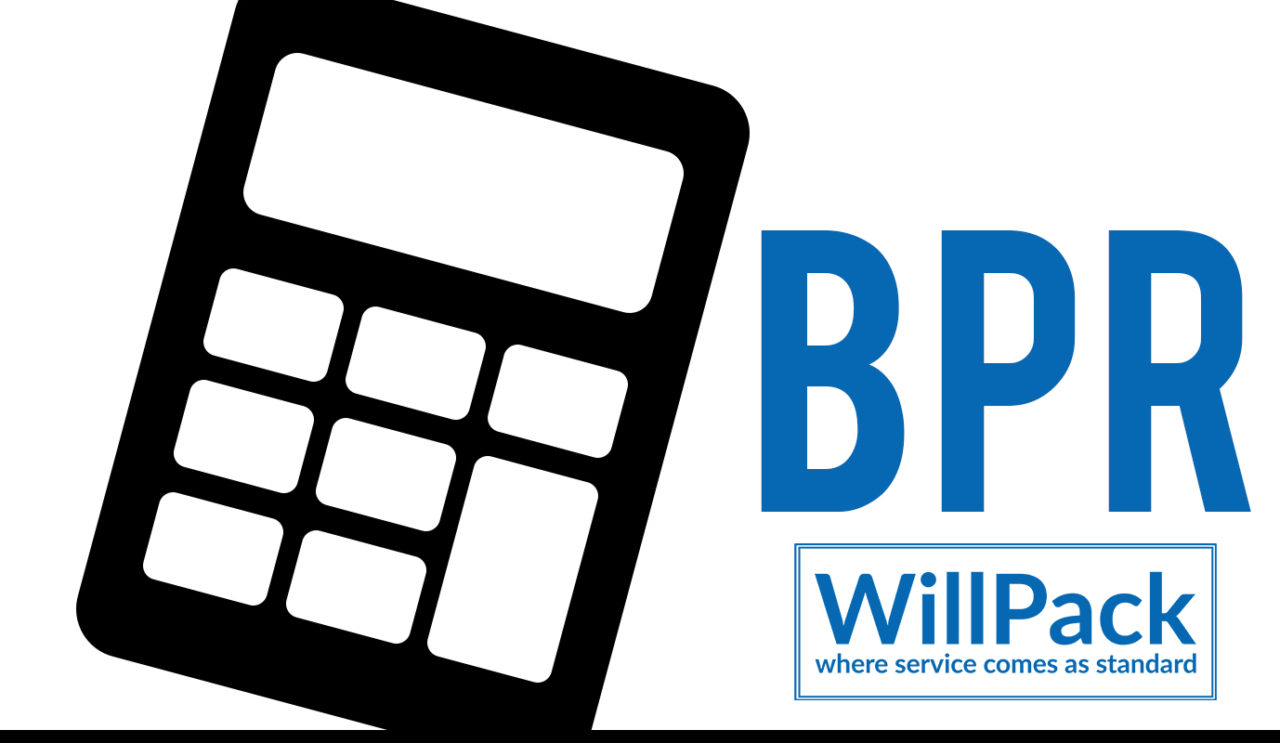What is BPR? A relief applied to business property and can provide up to 100% relief from Inheritance Tax.
There are a number of conditions which are required to be met:
- The business must be a qualifying business,
- The business must be what is referred to as ‘relevant business property’, and;
- Ownership conditions must be fulfilled.
The business must be a trading business rather than an investment business and therefore must meet the ‘wholly and mainly’ test of trading, meaning that the business must not consist wholly or mainly of the making or holding of investments. In other words; businesses which deal in securities, stocks and shares or in land and buildings such as buy-to-let portfolios will not attract the relief.
Property developing itself may attract the relief but the renting out of property is an investment activity therefore making it a mixed business and if the business consists of mainly investment then the relief cannot be applied.
The business must have been owned for a minimum of 2 years and the relief can be applied at either 100 % or 50 % depending on the Relevant Business Property, more information about how much of the relief can be applied can be seen on the GOV.UK website (https://www.gov.uk/business-relief-inheritance-tax/overview).
An important note; the client’s accountant should be the person to advise whether or not their clients business will be eligible for BPR. Where your client has a business which may qualify for BPR and in particular they have a personal tax liability please advise us of this so that we can provide you with the advice accordingly, this is why the completion of the Estate Valuation page on our instruction form is so important. Where a business passes directly to a spouse/ civil partner possible BPR could be lost due to the spouse exemption already applying and instead consideration of a BPR trust within the clients Will should be made, naming the children/ others as discretionary beneficiaries as well as the spouse.


 © Trust Wills & Probate Limited t/a WillPack. All rights reserved.
© Trust Wills & Probate Limited t/a WillPack. All rights reserved.
You must be logged in to post a comment.